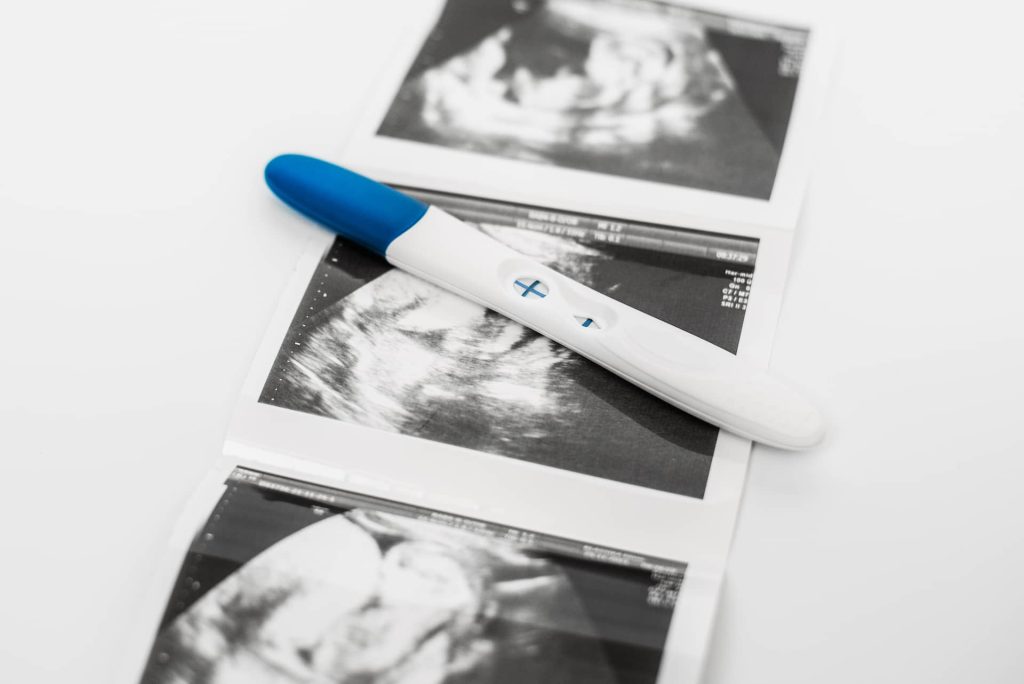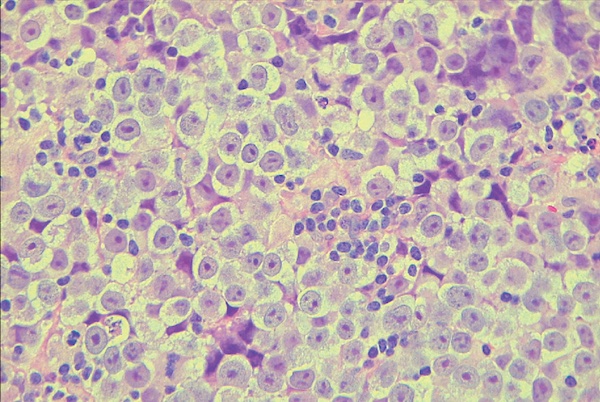
The Fertility and Infertility Research Program at the Center for Women’s Health and Reproductive Medicine at the University of Pennsylvania is dedicated to exploring and addressing the complex challenges of fertility and reproductive health. Our research spans a broad range of topics, from understanding the underlying causes of infertility to developing innovative treatments that can help individuals and couples achieve their dream of parenthood. Our multidisciplinary team of scientists and clinicians works together to investigate genetic, hormonal, and environmental factors that influence fertility, aiming to develop more effective and personalized solutions.
One of the key areas of our research focuses on the role of genetics and epigenetics in reproductive health. By studying the genetic factors that contribute to infertility, we aim to identify new biomarkers for diagnosis and develop targeted therapies that can improve treatment outcomes. Our researchers are also exploring how lifestyle and environmental exposures can affect reproductive health, with the goal of developing preventive strategies that can enhance fertility and overall well-being.
In addition to our laboratory research, we conduct numerous clinical trials to evaluate the safety and efficacy of new fertility treatments. These trials provide patients with access to cutting-edge therapies and help us gather crucial data that can lead to advancements in reproductive medicine. Our clinical trials encompass a wide range of interventions, from novel medications and assisted reproductive technologies to lifestyle interventions and counseling programs.
Our commitment to fertility and infertility research is driven by a desire to provide hope and support to individuals and couples facing the challenges of infertility. By advancing our understanding of reproductive health and developing innovative treatments, we aim to make a meaningful impact on the lives of those affected by fertility issues. Through our research, we strive to improve the success rates of fertility treatments, reduce the emotional and physical burden of infertility, and ultimately help more people achieve their family-building goals.




